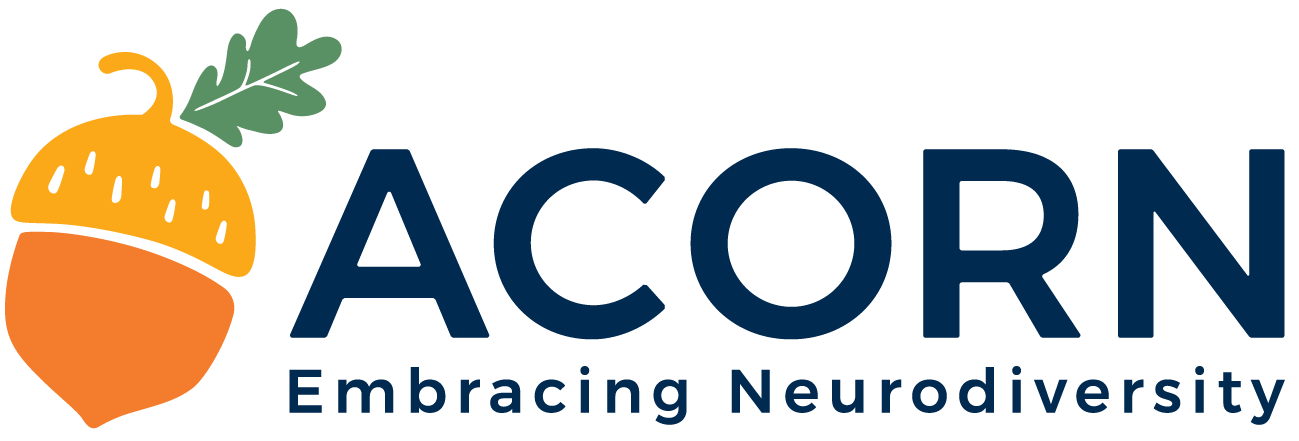What can I do if I suspect my child is showing signs of autism or developmental delay?
As a parent, noticing that your little one may not be meeting their developmental milestones can be incredibly worrying. If you suspect your child may be showing signs of ASD, we know it can feel like a maze, navigating your different options. That is why we have put together some information about which avenues are available to you so that you can feel empowered to make your own choice.
What is a diagnosis?
A diagnosis is the assessment and process of identifying whether or not an individual meets the criteria for ASD and/or other developmental disorders. This information is gained through observation and clinical examination and can be a lengthy process. It is not essential for your child to be diagnosed, and some early intervention may be accessed without a formal diagnosis (see below). However, a diagnosis may provide greater access to appropriate resources, assistance and support.
If a diagnosis is something you and your whānau are interested in, you may seek a diagnosis through either a publicly funded or private assessment. You may review or change your decision about gaining a diagnosis at any stage of the process.
Publicly funded assessment
To access a publicly funded assessment, your first port of call is your GP. To guide the discussion of the characteristics of ASD that you believe your child is displaying, it may be helpful to bring along some resources to the appointment, for example this quick card or the traits and characteristics of ASD page on Autism New Zealand’s website. Your GP will then be able to refer you for an assessment with either a Developmental Paediatrician or other qualified clinician. Depending on where you live and your child’s age, these referrals may go to Paediatrics, the Child Development Service or the Child and Adolescent Mental Health Service.
The organisation you were referred to will be in contact. Here, you will be either placed on a waitlist or given an appointment date. Unfortunately there can be long waitlists which can sometimes mean you may need to wait months before being seen.
Private assessment
You may instead choose to seek a private assessment, however you will be required to pay for this service. There is often still a wait for these appointments, however the length is usually less than the wait for publicly funded assessments.
If you choose to get a private assessment, you can directly contact your clinician of choice, as most private diagnostic services allow families to self-refer. To find a list of clinicians in your area, you could look at the Community Links page on the Autism New Zealand website or you could contact your local ASD New Zealand Outreach Coordinator. Once you have made contact, an appointment will be arranged. Both wait times and costs for these appointments will vary.
The assessment process
The length of the assessment process will vary depending on your child’s age and their symptoms, and depending on how many clinicians are involved in the process. For young children with more severe symptoms, the assessment may take as little as an hour, however for children with more subtle symptoms the assessment may take up to eight hours over two or more different appointments and settings.
The assessment will include questions concerning the developmental and family history of your child, observations of your child, and potentially will include conversations with others, for example educators. Some clinicians may choose to use an assessment tool such as Autism Diagnostic Interview-Revised (ADI-R ) and the Autism diagnostic Observation Schedule (ADOS-2). ADI-R is a validated semi-structured interview. The ADOS-2 is an observation-based assessment tool and is considered to be the ‘gold standard’ for ASD assessment.
Following the assessment, the clinician will provide you with a report which outlines their findings and final diagnosis. This may confirm ASD or may provide an alternative explanation to your child’s symptoms.
What next?
This process may be emotionally challenging for you as a parent or caregiver, but know that you’re not alone. Furthermore, it may be hard to know where to go next after your child receives a diagnosis.
Early intervention can help individuals with ASD develop the skills needed to be as independent as possible and have a good quality of life. We know from the research that earlier therapeutic intervention is started, the greater the long-term progress will be. Early intervention refers to therapeutic services that start between 18 months and 5-6 years of age.
If you are interested in early intervention services for your child, get in touch with us to organise a free 30-minute consultation with one of our Centre Managers to find out whether our services are right for you and your child.
